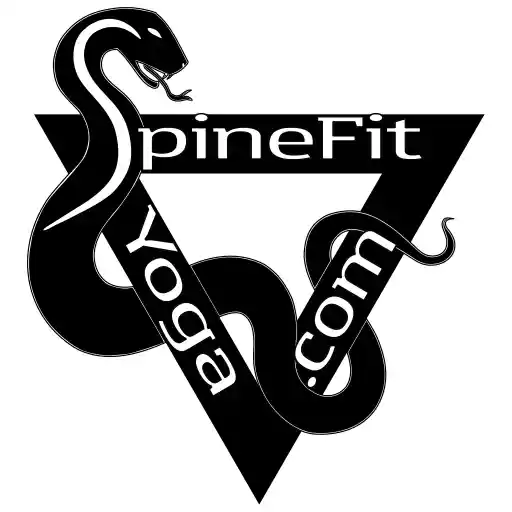I had a physical therapist stop by my office last week and try and sell me on dry needling. I said heard all about dry needling and that I thought that like the force, it can have a strong influence on the weak minded. I said I thought dry needling sounded a lot like acupuncture and said I agreed with Colquhoun and Novella’s position that acupuncture is theatrical placebo.
She said dry needling was better because it had Western rather than Eastern justifications. I said the Western justifications I had heard thus far were different, but to me, no more convincing. She said lots of physical therapists do it, and I said critical thinking isn’t most therapists strong suit. She said she had a lot of great testimonials, I said so do I and I don’t have to stab my patients. That was the gist of the conversation, but before she left I printed off a copy of Colquhoun and Novella’s paper to take with her.
So anyway that got me thinking I ought to do some more investigating of this whole dry needling thing to see if I’m missing out on anything, and this was the first newer paper I found, which was fascinating and almost comedic with full text AND VIDEO available.
Pneumothorax complication of deep dry needling demonstration [FREE FULL TEXT]
The paper was considerably more juicy than I anticipated. I expected it to be a complication of some inexperienced dry needling practitioner performing a risky technique, or a patient rolling over their needle. However, what it was was one doctor performing a demonstration on another doctor, while teaching ‘safe’ and ‘correct’ technique. Right after the instructor “emphasized the danger of pneumothorax” and explained, at length, how to perform the movement safely to avoid such he then pushed the needle 4 centimeters into the man’s chest cavity. As promised [update this promise expired; link to video no longer available, sorry]
All’s well that ends well, the victim later complained of chest pain and had difficulty breathing and a chest x-ray confirmed the pneumothorax with his left lung collapsed 20%. He was treated conservatively, after 2 weeks breathlessness lessened, and at 6-8 weeks he was back to normal. That’s more than you can say for another patient for which another dry needling mishap resulted in a epidural hematoma and emergency spine surgery. The authors later went on to emphasis safety techniques when performing dry needling over the thorax. Strangely abstinence of dry needling, particularly over the rib cage, was not one of their ideas. I would imagine Traditional Chinese Medicine practitioners might say acupuncture is better but they have similar horror stories, almost as if dry needling and acupuncture were in effect the same thing.
Thanks for reading my blog. If you have any questions or comments (even hostile ones) please don’t hesitate to ask/share. If you’re reading one of my older blogs, perhaps unrelated to neck or back pain, and it helps you, please remember SpineFit Yoga for you or someone you know in the future.
Chad Reilly is a Physical Therapist, obtaining his Master’s in Physical Therapy from Northern Arizona University. He graduated Summa Cum Laude with a B.S. Exercise Science also from NAU. He is a Certified Strength and Conditioning Specialist, and holds a USA Weightlifting Club Coach Certification as well as a NASM Personal Training Certificate. Chad completed Yoga Teacher Training at Sampoorna Yoga in Goa, India.

Leave a Reply